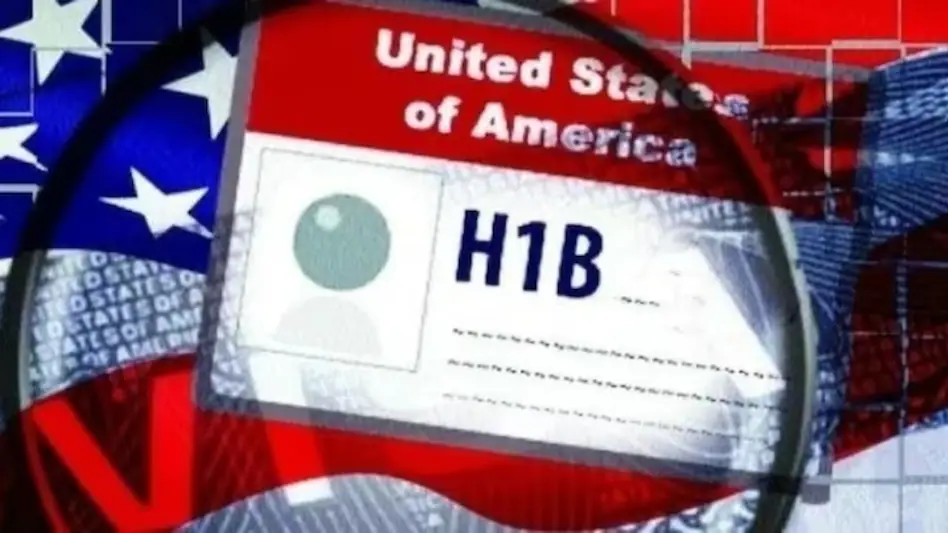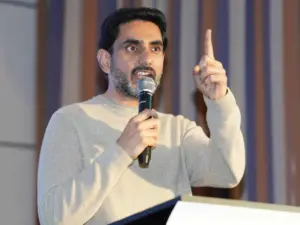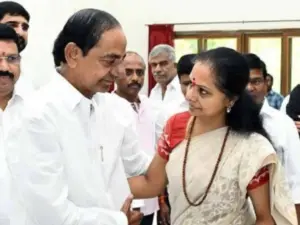
Amid tightening visa policies and heightened scrutiny at U.S. airports, Indian nationals holding H-1B visas, student visas, and even green cards are being advised to exercise caution when traveling outside the United States. Immigration attorneys have raised concerns over abrupt policy shifts leading to unexpected detentions, visa delays, and re-entry denials, creating significant uncertainty for legal immigrants.
Increased Travel Risks and Visa Processing Challenges
Although no formal U.S. travel ban on India has been announced, attorneys warn that Indian travelers are facing increased visa processing delays, stricter airport screenings, and cases of administrative processing without clear justification. Those requiring visa renewals, particularly for H-1B and F-1 visas, may encounter months-long waiting periods or even indefinite stays abroad due to processing backlogs and consular reviews.
One major policy change is the revision of eligibility criteria for “dropbox” interview waivers. Previously, non-immigrant visa holders (excluding B visitors) could renew their visas without an in-person interview if their prior visa had expired within 48 months. However, this window has now been reduced to just 12 months, significantly limiting eligibility and forcing thousands of visa holders to secure in-person interview slots that are already scarce.
Impact on H-1B and F-1 Visa Holders
The revised dropbox policy disproportionately affects students transitioning from F-1 to H-1B status and professionals whose H-1B visas expired over a year ago. These individuals now find themselves at the end of a long queue, with no expedited processing options. Furthermore, immigration attorneys are witnessing a surge in cases subjected to “administrative processing,” a vague security review process that can delay visa issuance indefinitely.
Additionally, an approved H-1B visa does not necessarily guarantee re-entry. U.S. consular officers possess discretionary authority to deny visa issuance and refer cases back to U.S. Citizenship and Immigration Services (USCIS) for further review, a process that can take four to six months or longer. Such re-evaluations place professionals at risk of being stranded outside the U.S., impacting their employment and legal status.
Concerns for Green Card Holders
Even lawful permanent residents (green card holders) are not immune to intensified scrutiny. Reports indicate a rise in cases where Indian green card holders are subjected to secondary inspections and, in some instances, overnight detentions by Customs and Border Protection (CBP) officers. Some individuals have been pressured to relinquish their green cards, particularly elderly Indians who divide their time between the U.S. and India for familial reasons.
Given these evolving risks, immigration attorneys strongly recommend that eligible green card holders who have lived in the U.S. for extended periods prioritize applying for U.S. citizenship. Until they obtain a U.S. passport, they are advised to limit international travel to avoid complications at points of entry.
Recommendations for Employers and Visa Holders
With no immediate resolution in sight, immigration experts are advising employers and workers to develop contingency plans. Employers should explore remote work arrangements for employees facing visa challenges, while affected individuals should consult immigration attorneys before making any international travel plans.
In light of the shifting landscape, Indian nationals currently residing in the U.S. are urged to stay informed about evolving immigration policies, assess their travel needs carefully, and take proactive steps to safeguard their legal status within the country.
Recent Random Post:
















